K[dropcap size=big]K[/dropcap]ickstarter, and crowdfunding in general, is a unique experience that allows ideas to come to fruition and it lets a developer keep in touch with their fan base. And the good ones keep this conversation open long after the campaign ends, going so far to give as much transparency to the ongoing development as possible. I’ve talked a bit about projects that fail the first time but manage to make it after a second attempt, but what about those who do get funding out of the gate but still manage to have problems?
For those who follow projects that they’ve backed and read every update released, it shouldn’t come as a surprise that games almost always go way past their estimated release date and a lot go over budget. And this has certainly hit the adventure community hard. I can’t really comment on other genres as I don’t follow them quite as closely but I wouldn’t be surprised if they followed the same pattern.
In order to get extra funding to finish off a project (game or otherwise) developers often have to find other means to go about doing this. The most common ones seem to be either dipping into their own wallets and hoping to pull out enough to make it across the finish line or by going to publishers to help supplement their funds. For example, Paul Trowe claimed that he had to drop an extra $600,000 or so to finish off Leisure Suit Larry: Reloaded (although based on information that I’ve managed to glean about their finances I find this a bit dubious) and the Coles just recently announced that they’ve had to put a sizable chunk of their own (including putting their house up on collateral) to help with the development of Hero-U.
Another way to make sure that enough money flows into the coffer is to release part of a game and let the sales for it help fund the rest of the game. The most notorious example of this is Tim Schafer’s Broken Age. Having gone through all of the Kickstarter funds they realized that the scope was too large to continue and used the money from sales to boost the rest of the game. Steam’s “Early Access” platform is another similar example to garner early funds to finish the game. Neither have been exactly welcomed with open arms. In fact, both have gotten a lot of criticism from the gaming community down to outright hostility.
And then we have projects that don’t go any of the above routes and instead look towards Kickstarter as another way to hopefully get more money from the loyal fans. While there have been a fair number of projects to go this route, the most recent one being the announcement of the second Hero-U campaign, it’s just as polarizing as the above ways. It’s hard to ask for more money from people who already gave good money to see an idea realized. And while the most rabid fans would gladly help out (financially or otherwise) going this route is a mixed bag.
The problem with asking for more money through crowdfunding is that this “double dipping” approach makes one look either desperate or inept when it comes to balancing the checkbook. And just by reading the comments regarding the Hero-U announcement this approach could conceivably bite the Coles in the proverbial ass. A number of people have already stated that they won’t back a second time and that a few are even thinking about asking for a refund from the first campaign. And this is not the first time I’ve seen outcry like this. But it is the latest. And I’m sure it won’t be the last, either.
The thing is this. If you have little to nothing to show for a game that you’ve been working on for a year or two and you come back to Kickstarter (or Indiegogo or whatever) asking for more because your funds are dried up you should expect this backlash. There will be people who would gladly give more, but an even larger percentage would say “Sorry, you had your chance” and walk away.
That said, returning to Kickstarter can also be a lucrative endeavour and I’ve seen plenty of creators start up campaigns for more projects beyond their first. The people at Infamous Quests did another campaign for their Quest for Infamy Hint Book and just recently finished up a successful campaign for three more games. And AJ Tilley has a respectable number of successfully funded visual novels under his belt as well.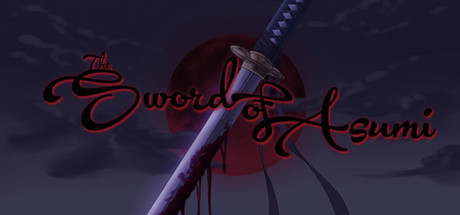
Still, returning to Kickstarter to fund a second (or third, etc) idea doesn’t always work out in the end. Senscape couldn’t reach their goal to make the H.P. Lovecraft adventure based off of the Case of Charles Dexter Ward despite having funded Asylum earlier. Which is probably due to not having much to show on the previously funded game despite already being a successful company through Scratches. It’s certainly one of many reasons for sure.
When I joined Kickstarter back in the early months of 2012 the site was a much different beast back then. You could get away with having little-to-nothing to show and still make six or seven digits as was the case with many projects during that year and, to a lesser extent, 2013. Today people are a lot more picky and wary about what they back due (at least in part) to projects that fail to deliver, deliver years later than originally estimated, or completely don’t produce what was promised.
And the controversies surrounding games like Broken Age and now Hero-U won’t help matters. Whether or not these “We’ve run out of money and want your help to finish the game” pleas help or destroy companies remains to be seen. But, based on what I’ve seen over the years the journey will not be a pretty one for those who decide to “double dip” and there will always be people out for blood. Me? I’ll just grab a big ol’ bucket of popcorn and watch the chaos.
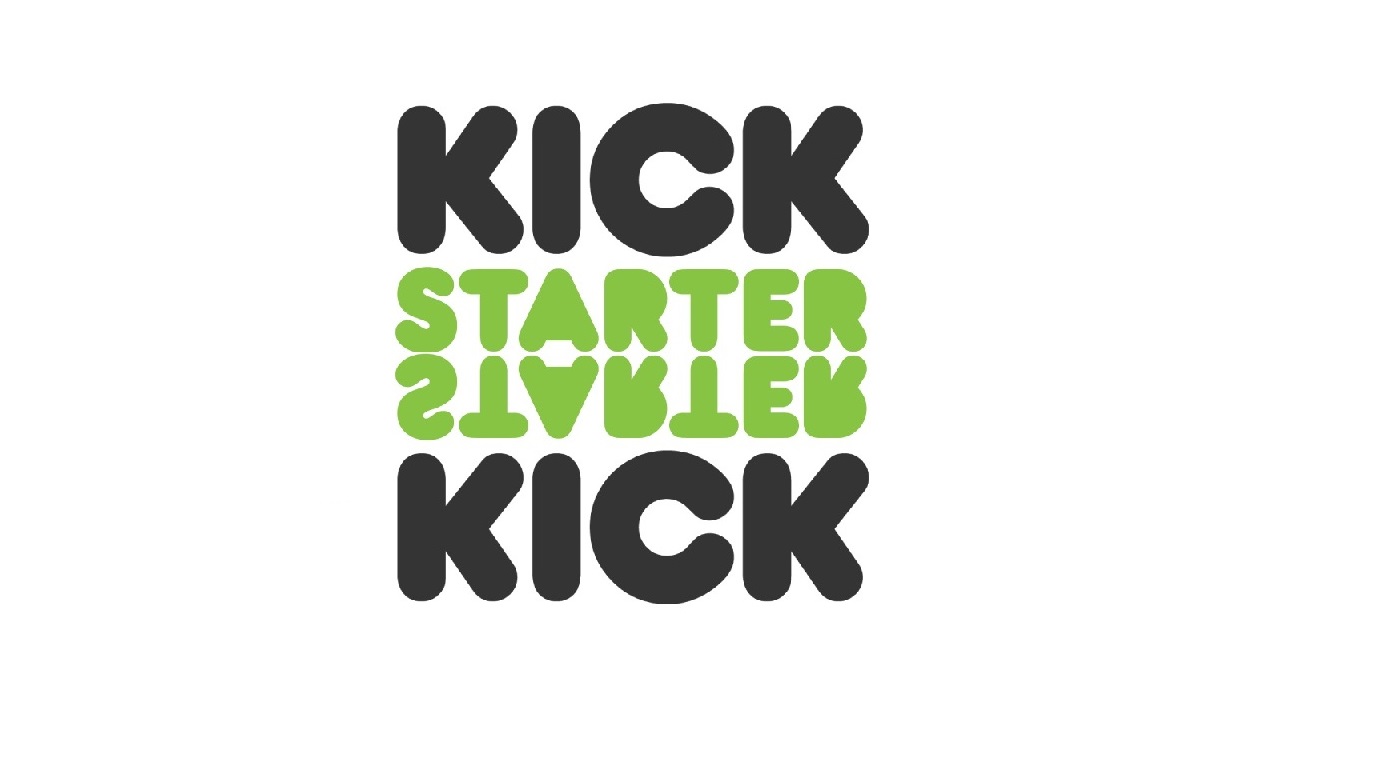

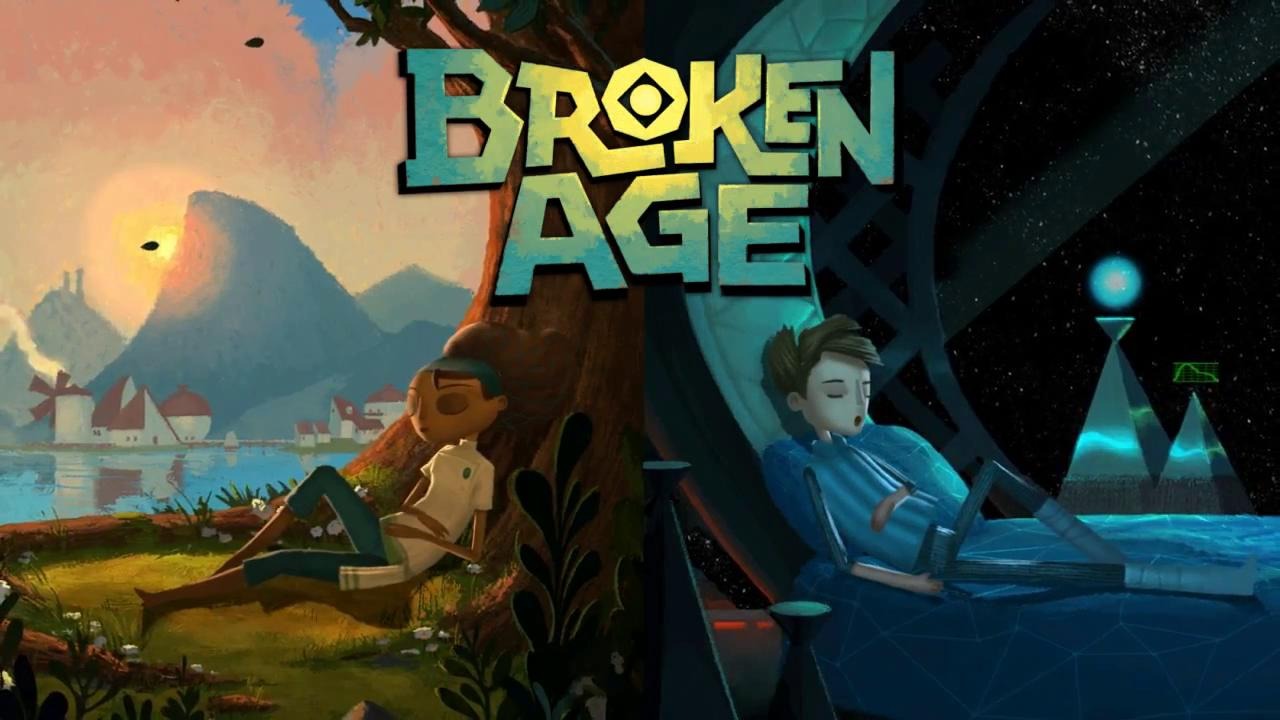
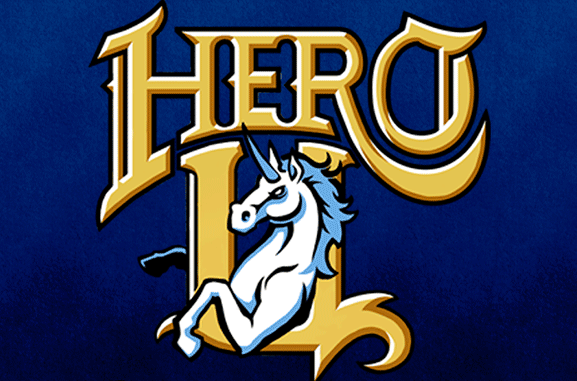
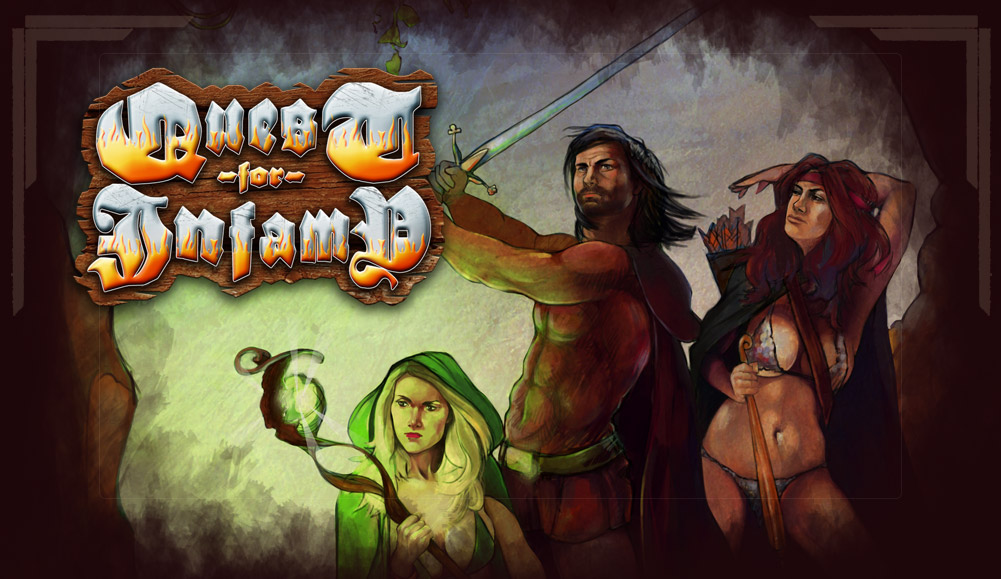
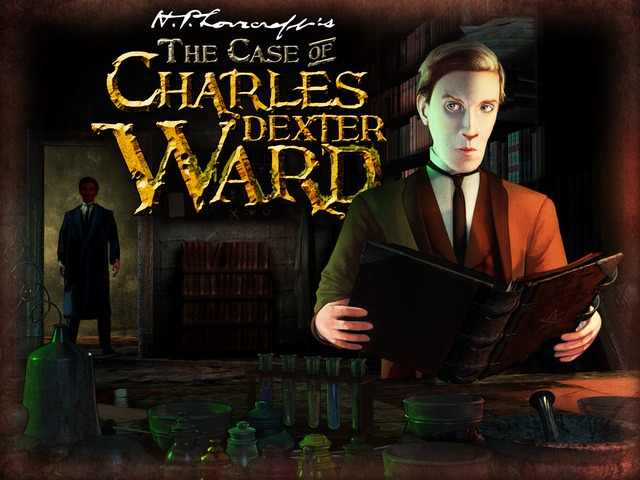



That was very thorough, well done Serena
Beastsfury double dipped first on indiegogo then on kickstarter the problem with that game is that is not even close to being done after two years only two playable characters one about 80% done and the other about 60% i really do not think it has any chance of seeing a full release.
Great article! Well, you know my opinion about it. I was out for blood literally lol. I am still not completely convinced i’ll back Hero-U a second time. I said i would in the comments at some point because i liked the last update. But having talk with the cole in private after..i can’t get off the feeling that the guy isn’t remorseful at all and that pose me a problem (seriously, i won’t copy/paste you the convo..but he gave me a bad impression..that makes me think the new update was just for show and to settle down people like me who were..questioning them). Only thing that actually made me doubt if i’ll pledge or more is the fact that i post that comment saying i will..i don’t back down..so my ass is on a rope. If i had had that convo before i wouldn’t doubt at all.
lol you took so nice exemple ^^ I got refunded for Sword of Asumi like the creator refund me himself because i was such a pain in the ass lol. I told him rather than doing ten KS i would appreciate if he could first finish one, until that was remain to be seen i would question his legitimacy xD
As for the Case of Charles Dexter Ward obviously if it didn’t make it it is because it’s an adventure game and i pledge for it 😛
I also got the exemple of M.O.R.E which is probably worse than everything. Game had nothing to show, made money and asked for more. The game was funded for 100k campaign run at the same time as PE (3 years ago almost).
I can’t say we have much information on it a lot of suspiscion of it being a scam. Still now the game seems to be on track..even if i’ll wait to see it released, but lot of oil and fire during the whole 2.5 years.
Even now i can’t really say were the money has gone. But even now, it’s the shadiest project i’ve backed.
[…] campaign was such a success. It provides a masterclass on running two Kickstarter campaigns for one game, for anyone who dares to endeavor that potential PR nightmare. The campaign’s presentation made […]
[…] I’m not a huge fan of seeing campaigns return for supplemental funding as the double dipping makes the developers look desperate but in the case of Echo Tokyo we’ve seen it land on a […]
[…] if that’s the main reason. Even if I don’t like it. I’ve talked about “double dipping” a while back so you can learn more from reading that article if you want, but I will say […]
[…] being. Of course, if they return for thirds they might find themselves on the wrong side of the double dipping […]